

 For four months, Zainab Abdullah and her neighbours in communities around the SSNIT Flats, Fuo and Taha in Tamale, have struggled to access potable water with little success. The taps, previously unreliable, have now almost completely run dry.
For four months, Zainab Abdullah and her neighbours in communities around the SSNIT Flats, Fuo and Taha in Tamale, have struggled to access potable water with little success. The taps, previously unreliable, have now almost completely run dry.
The cause, they believe, is the recently completed Global Dream Area Road project, undertaken by Insaan Ghana Limited. But for Zainab, the biggest shock is not the water crisis – it is the fact that no one in her community was consulted before the project began.
“We asked our assemblyman, but he had no idea about it,” she told the Ghana News Agency (GNA) in an interview.
Zainab’s frustration is shared by many communities across Ghana, where oil-funded projects have sparked controversy. While these investments promise development, many local leaders and citizens say they are left in the dark during the planning and implementation stages.
The reality of oil-funded projects
Ghana began commercial oil production in 2010 and has committed to using petroleum revenues to fund infrastructure.
However, a recent monitoring exercise by the Local Accountability Networks (LANeTs), an initiative of the Ghana Anti-Corruption Coalition (GACC), suggests significant gaps in transparency and execution.
In Asante Akyem, monitors found that details on seven oil-funded projects were unavailable at the local assembly.
“The contracts were awarded in Accra, with little or no local input,” said Philip Duah, a LANet focal person.
Some of the projects, he noted, showed visible defects, while others were abandoned entirely.
In the Volta Region, a project that had been marked as complete was found to have unfinished washrooms.
“These issues point to mismanagement and poor project execution,” one official said.
Ghana’s transparency framework – and its gaps
Ghana has taken steps to ensure accountability in the extractive sector. The Public Interest and Accountability Committee (PIAC), established under the Petroleum Revenue Management Act, independently oversees oil revenue collection and spending.
Reports by PIAC and the Ghana Extractive Industries Transparency Initiative (GHEITI) provide insights into the sector’s financial flows. Yet experts say these mechanisms are not enough.
The GACC, supported by the Africa Centre for Energy Policy, has been implementing a project titled: “From Disclosure to Impact – Mobilising Local Civil Society to Verify Published Extractives Data and Advocate Equitable, Accountable Spend of Funds.”
Working with LANets in the last two years on monitoring the oil-funded projects, documenting corruption and non-compliance issues, and engaging with the Government for rectification has been revealing, Mr Solomon Nyankah, the Monitoring and Evaluation Officer of the GACC, said.
Aside from the limited involvement of local government authority in project design and implementation, findings from the 35 oil-funded projects in four regions scrutinised unearthed flagged inefficient and non-strategic spend of oil revenue.
“The Government needs an additional layer of independent checks on how oil-funded projects are planned and executed,” Dr Steve Manteaw, Co-Chair of GHEITI, said.
“If we don’t monitor, we risk corruption, inefficiencies, and misplaced priorities.”
Lessons for the future
In 2025, Ghana’s Government plans to allocate 100 per cent of its Annual Budget Funding Amount (ABFA) from oil revenues to infrastructure – an increase from the previous 70 per cent. While this shift signals a commitment to development, experts warn that lessons from past mismanagement must not be ignored.
“The new approach is promising, but every project started must be completed,” Dr Manteaw emphasised.
Ghana’s experience mirrors those of other oil-rich African nations, where resource wealth has not always translated into improved livelihoods.
Nigeria’s Niger Delta, for example, has suffered decades of underdevelopment despite generating billions in oil revenue. Similar concerns have emerged in Uganda and Angola.
For Zainab Abdullah and many others, the solution is simple: greater transparency, better planning, and meaningful community engagements would ensure a better appreciation of the project and enhance ownership.
“We are not saying we don’t want roads,” she said. “But if we had been consulted, we would have asked for water first.”
By Albert Oppong-Ansah
Source: GNA
The post Oil projects in Ghana: Mixed feelings as communities cry foul over transparency appeared first on Ghana Business News.
Read Full Story
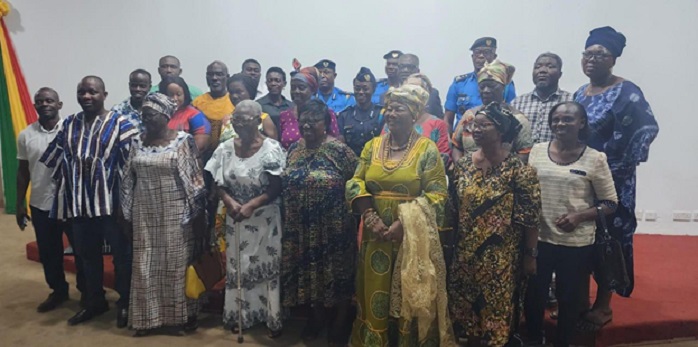
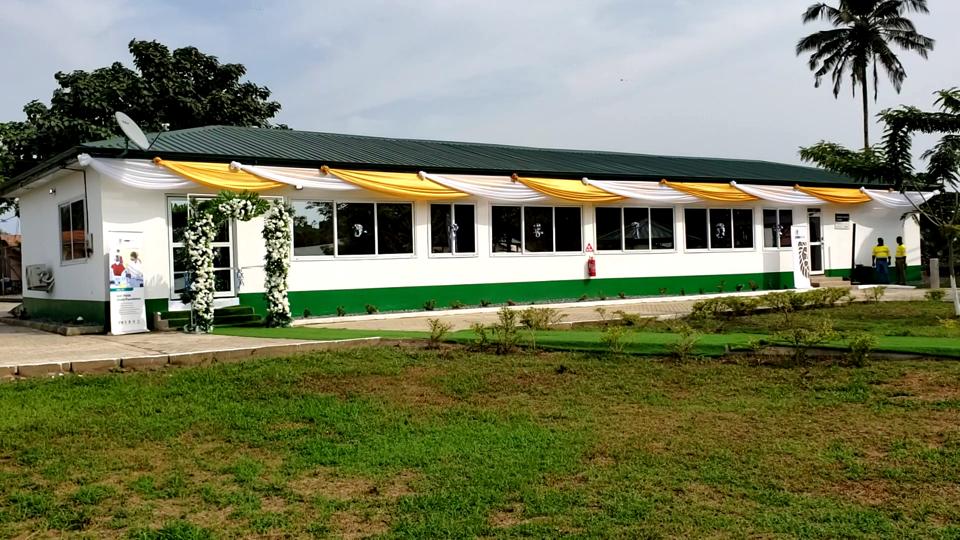

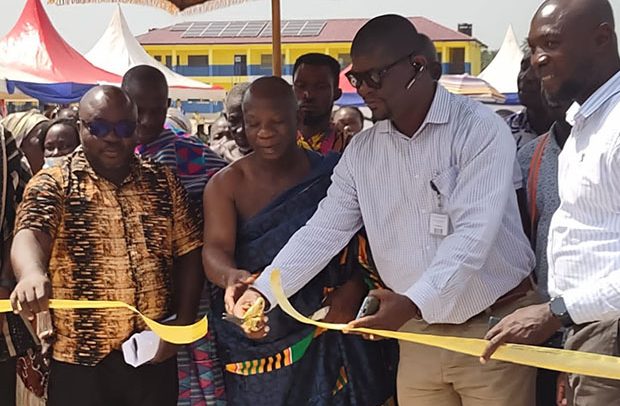
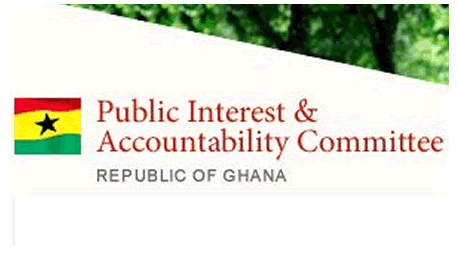
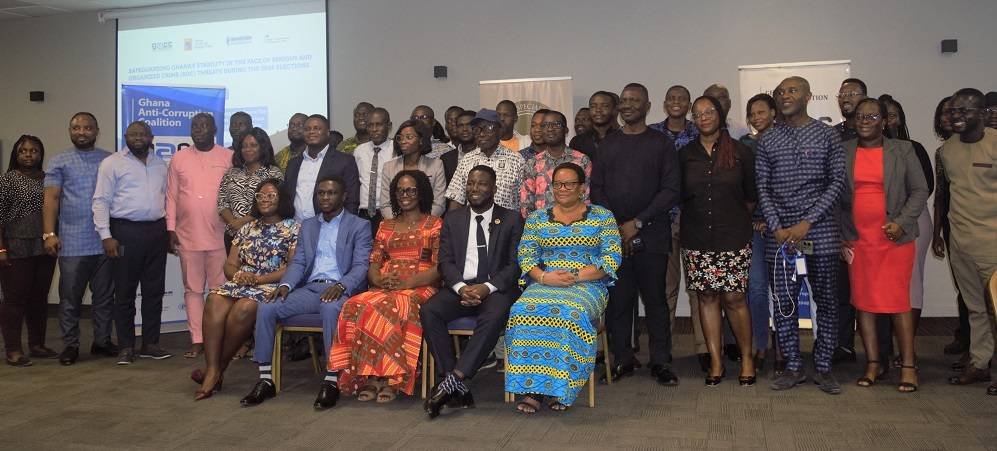
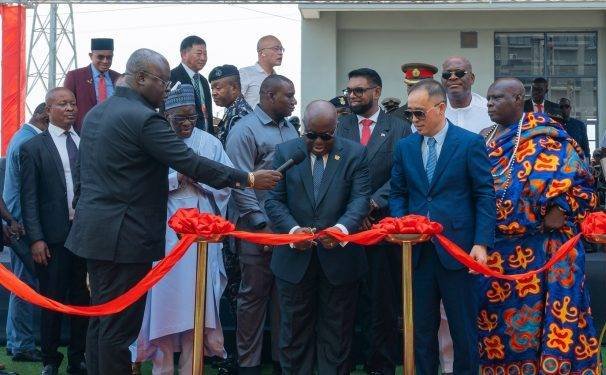

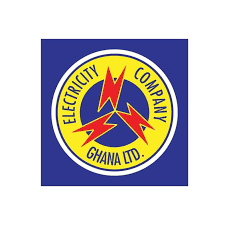

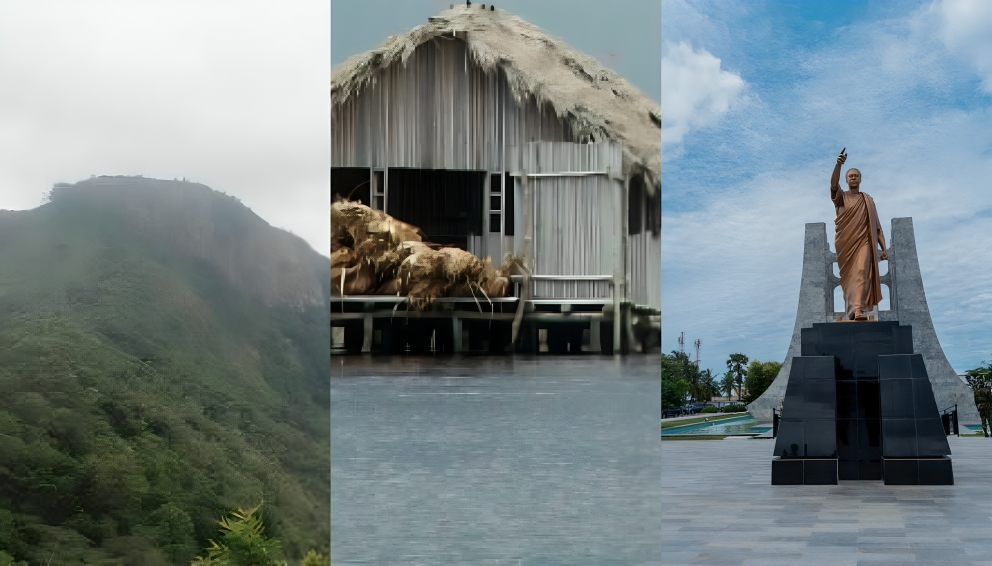

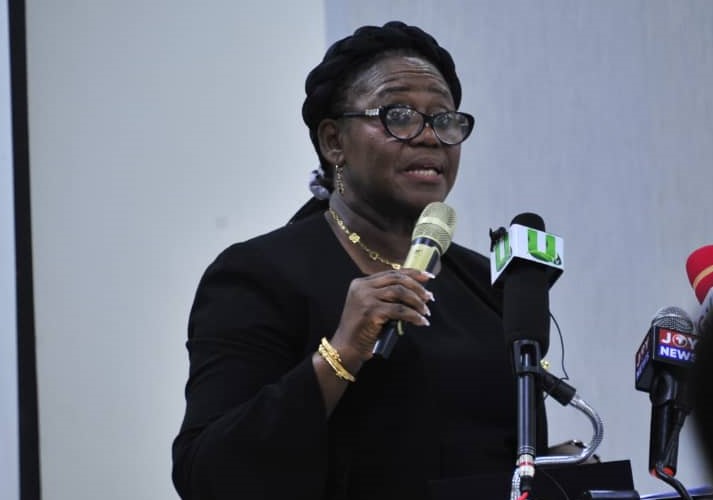



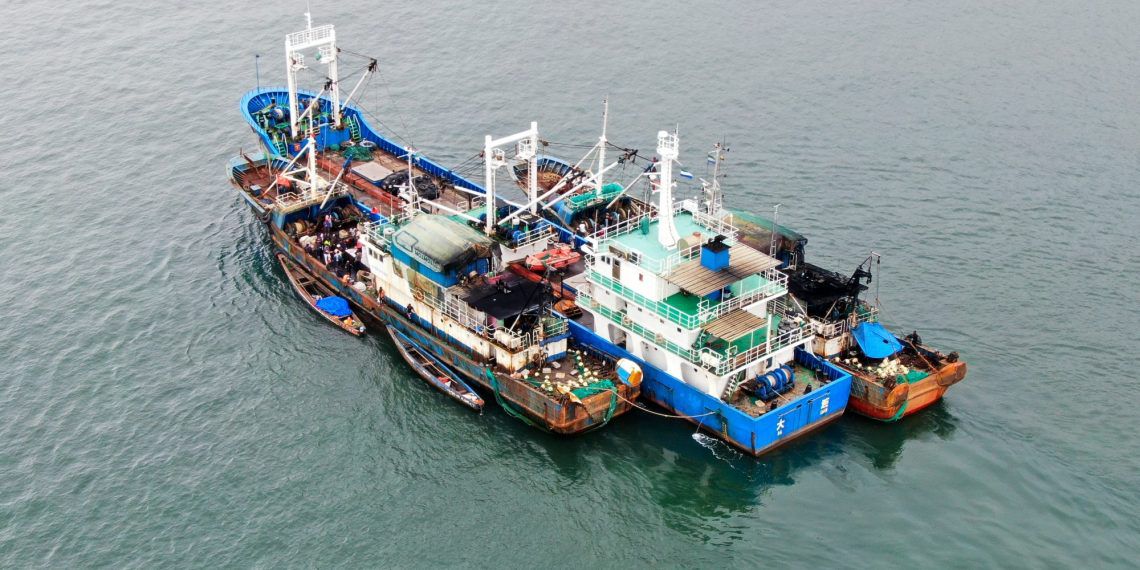





Facebook
Twitter
Pinterest
Instagram
Google+
YouTube
LinkedIn
RSS